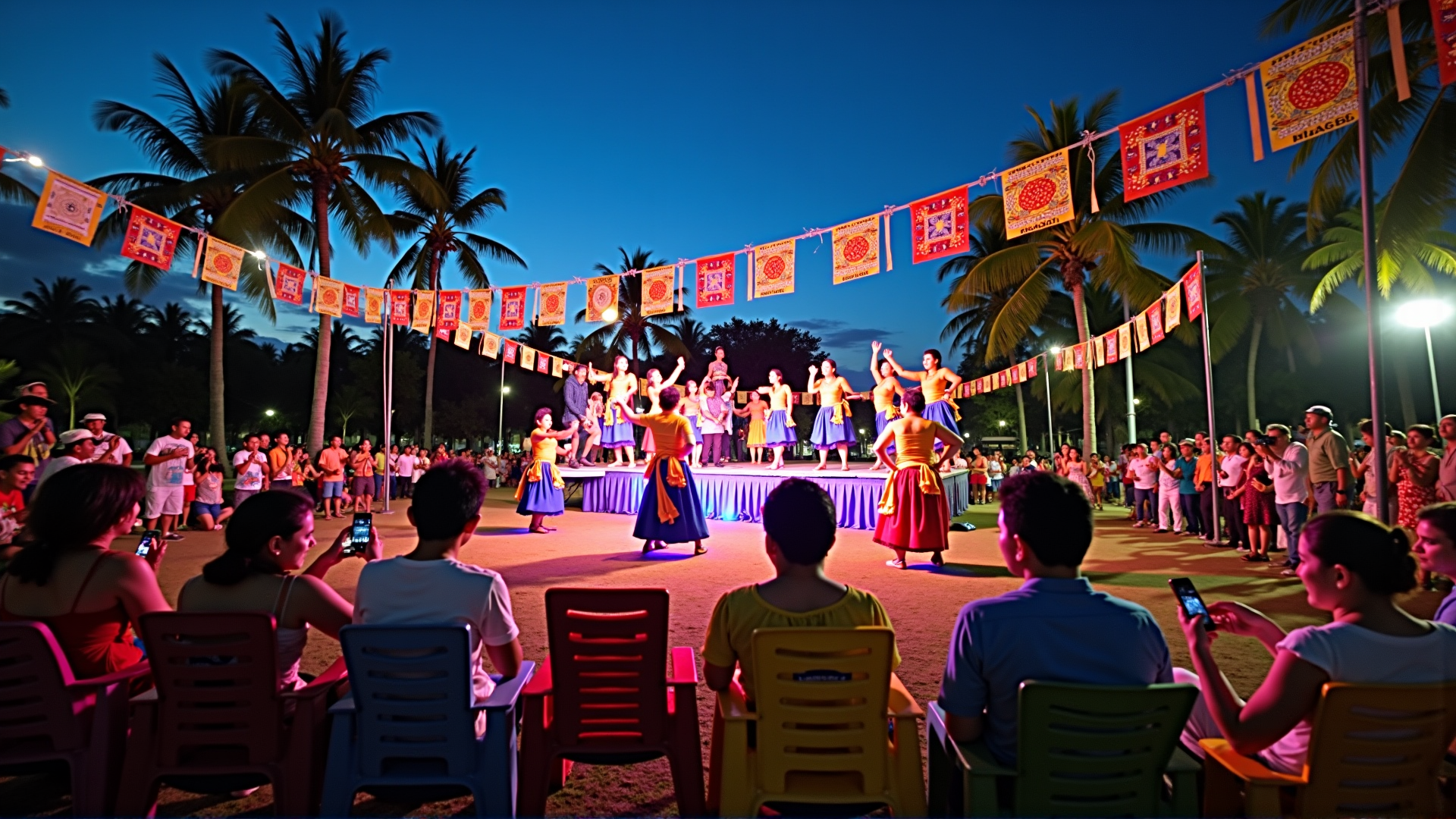The Philippines, a vibrant archipelago brimming with culture and diversity, offers a plethora of events that play a pivotal role in shaping communities and nurturing social engagement. These events, often infused with local traditions and modern influences, are a testament to the country's rich heritage and communal spirit.
One of the most celebrated events is the Sinulog Festival held in Cebu City. Occurring every January, Sinulog is a cultural and religious event commemorating the Filipino people's conversion to Christianity. The festival is marked by a grand parade featuring participants in bright, intricate costumes dancing to rhythmic drum beats. This festivity not only honors Cebu’s revered patron, Sto. Niño, but also draws people together from across the country and the world, highlighting a sense of unity and shared history.
In the month of January, another major festivity—the Ati-Atihan Festival—transforms the town of Kalibo into a vibrant celebration. Often referred to as the "Mother of All Festivals" in the Philippines, it is a week-long event filled with lively street dancing and tribal music. Participants daub themselves in black soot, paying homage to the indigenous Ati people. This festival fosters strong bonds among locals and visitors alike, as they embrace the joyous and diverse spirit of the community.
Culturally enriching events extend beyond festivals. The Philippines is home to a growing number of art fairs and exhibitions. The annual Art Fair Philippines in Makati is an example, showcasing contemporary works by Filipino artists. This event not only serves as a platform for artists to reach a wider audience but also engages the community in conversations about artistic expression and appreciation. By bringing art into everyday spaces, the fair bridges gaps between artists and the public, encouraging creative dialogues.
Another noteworthy event is the Pahiyas Festival in Lucban, Quezon, celebrated in May. It's a visual feast of color and creativity as locals decorate their homes with fruits, vegetables, and rice wafers. This festival is not just a thanksgiving for a bountiful harvest but a community endeavor, bringing people together to celebrate local agriculture and craftsmanship. The event emphasizes the importance of community participation in preserving traditions and fostering local pride.
Community-based initiatives such as these are crucial in the development of Filipino towns and cities. They reinforce the importance of cultural identity while promoting tourism and interaction among diverse groups of people. By continuing to hold such events, the Philippines honors its rich history while paving the way for future generations to engage with their heritage and communities.
In essence, these events are not merely celebrations; they are pivotal moments that strengthen the social fabric of society. Through them, the Philippines continues to cultivate a sense of belonging, where shared experiences and collective joy define the essence of community life.
